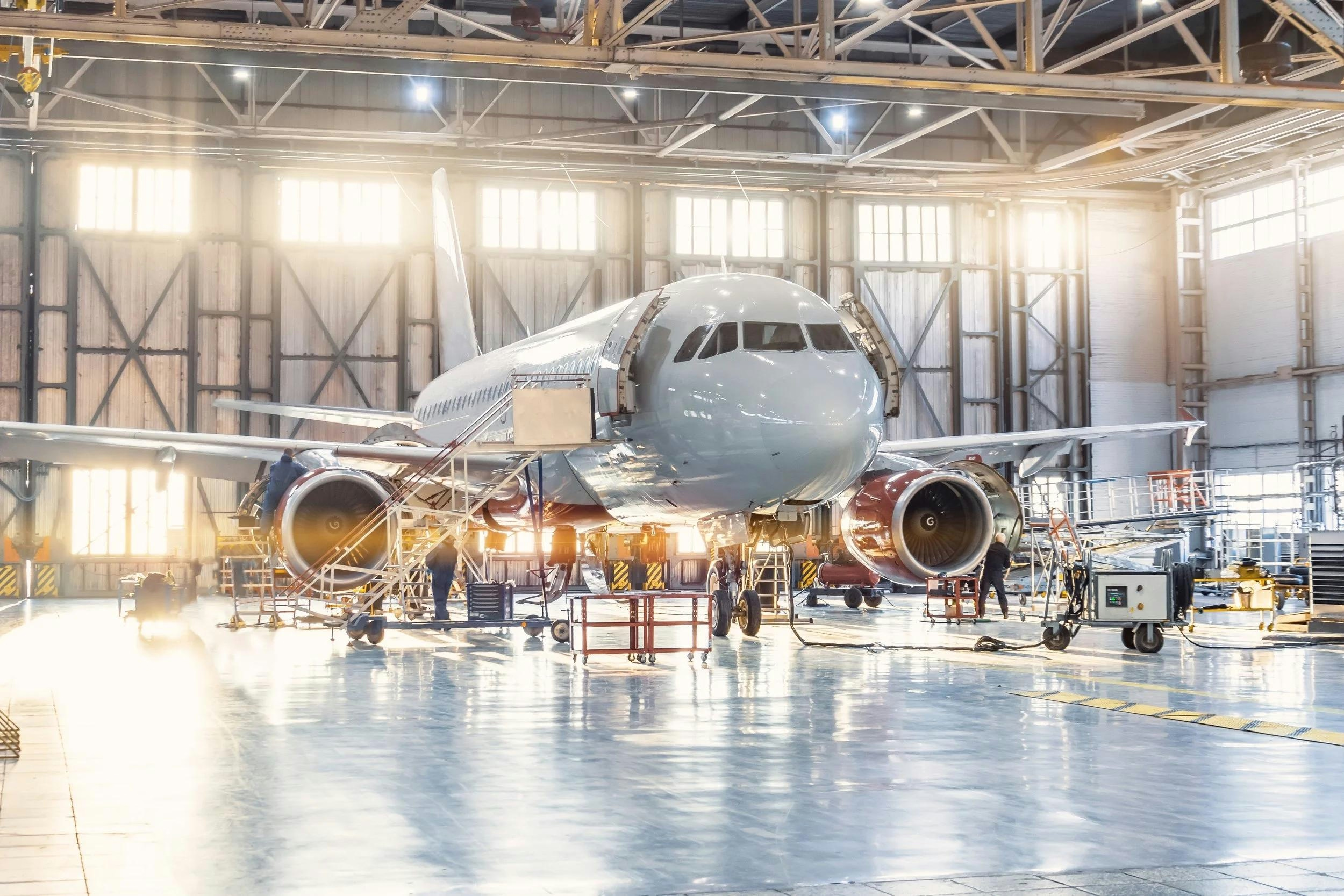AeroGenie — Your Intelligent Copilot.
Trending
Categories
Expired Aviation Chemicals Market Projected to Reach $165 Million by 2031

Expired Aviation Chemicals Market Projected to Reach $165 Million by 2031
The global market for expired aviation chemicals is anticipated to attain a valuation of $165.1 million by 2031, expanding at a compound annual growth rate (CAGR) of 4.1% from 2024, according to Persistence Market Research. This growth is driven by the rapid expansion of the aviation sector, rising demand for air travel, and an intensified focus on regulatory compliance and sustainability.
Aviation chemicals, which include lubricants, adhesives, sealants, and coatings, play a critical role in aircraft performance and maintenance. Once these chemicals expire, they must be managed, recycled, or disposed of safely to mitigate risks to both aircraft safety and the environment. The increasing number of aircraft and more frequent maintenance cycles have led to higher consumption of these chemicals, resulting in greater volumes of expired substances requiring proper handling.
Market Dynamics and Regional Insights
The growth of the expired aviation chemicals market is underpinned by several key factors. The surge in global air passenger traffic has led to increased aircraft utilization, thereby elevating the consumption of aviation chemicals. Regulatory bodies such as the Federal Aviation Administration (FAA), the European Union Aviation Safety Agency (EASA), and the International Civil Aviation Organization (ICAO) enforce stringent guidelines governing the handling and disposal of expired chemicals, ensuring adherence to safety and environmental standards. Additionally, the aviation industry’s growing commitment to sustainability has fostered the adoption of eco-friendly disposal and recycling solutions, creating new opportunities for waste management companies and innovative recycling technologies.
Regionally, North America dominates the market, supported by the presence of major aircraft manufacturers, advanced aviation infrastructure, and rigorous regulatory frameworks. Within the product segments, expired lubricants and adhesives constitute the largest share, reflecting their frequent replacement during routine aircraft maintenance.
Handling, Disposal, and Market Challenges
Expired aviation chemicals are strictly prohibited from use in aircraft operations due to potential safety and performance hazards. These substances are carefully segregated, labeled, and managed by specialized waste management firms. Disposal methods encompass recycling, treatment for reuse, or environmentally approved destruction. Recent sustainability initiatives have encouraged the development of recycling techniques that enable certain expired compounds to be repurposed for secondary applications without compromising safety.
Despite the market’s robust growth, several challenges persist. Heightened regulatory scrutiny necessitates significant investment in compliant and environmentally sound disposal processes. The costs associated with safe recycling and disposal are substantial, often requiring specialized facilities and advanced technologies. Furthermore, limited awareness and inadequate waste management infrastructure in developing regions impede broader market penetration. The emergence of longer-lasting and safer chemical formulations also intensifies competition within the sector.
In response, industry stakeholders are investing in research and development to produce more durable chemical products and to enhance recycling programs. Collaborations between aviation companies and waste management firms are reshaping the competitive landscape, as the industry seeks more sustainable and cost-effective solutions.
Outlook
As the aviation industry continues its expansion amid mounting regulatory and environmental pressures, demand for safer and more sustainable disposal and recycling options for expired aviation chemicals is expected to rise. Companies that prioritize innovation in chemical formulation and waste management are poised to secure a competitive advantage in this evolving market.

Emirates Unveils Cabin Design for New Boeing 777X

Eighteen Years On, the Airbus A380 Remains Central to a $34 Billion Airline

How a boom in luxury airline seats is slowing down jet deliveries

Navitaire Outage Attributed to Planned Maintenance

DigiYatra Debuts Outside Aviation at India AI Impact Summit

Vietnam Orders Strengthen Boeing’s Commercial Outlook

Airbus Signals Uncertainty Over Future A400M Orders

JobsOhio Awards $2 Million Grant to Hartzell Propeller for Innovation Center

Collins Aerospace Tests Sidekick Autonomy Software on YFQ-42A for U.S. Air Force CCA Program

How the Airbus A350-1000 Compares to the Boeing 777
